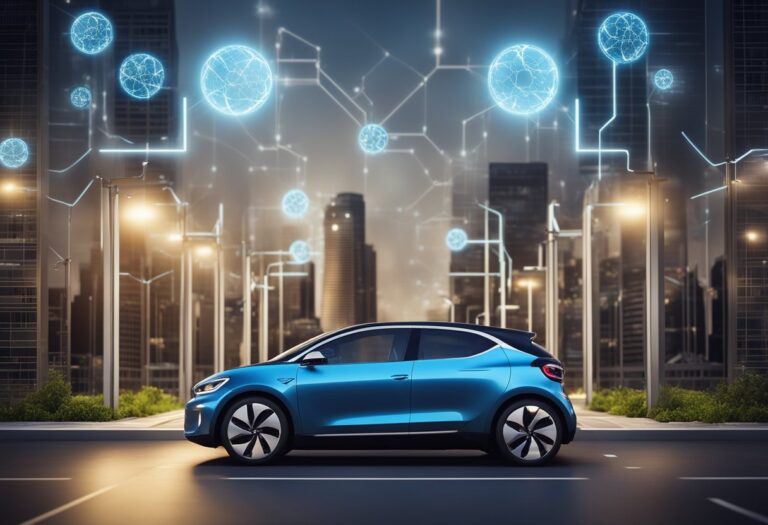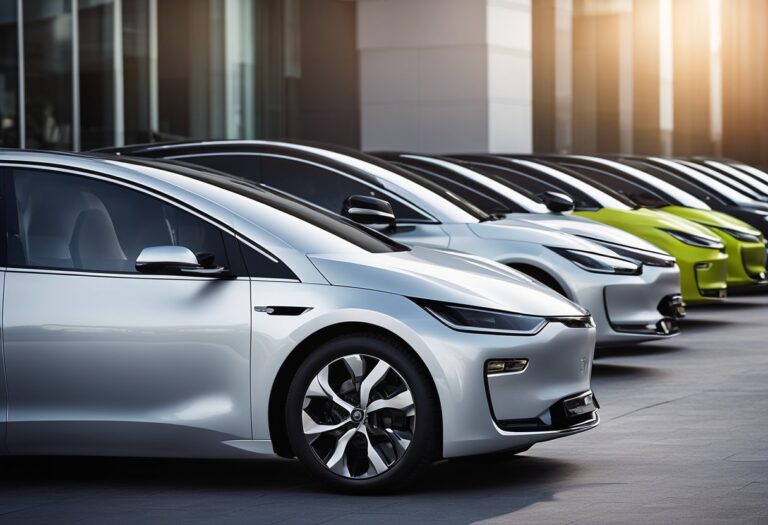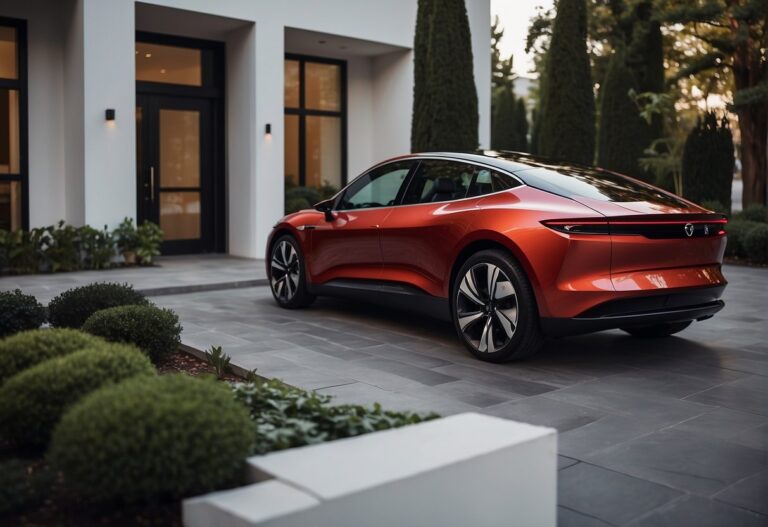With the rise of environmental concerns, more and more drivers are considering electric vehicles (EVs) as a cleaner alternative to traditional gas-powered cars. However, the higher upfront cost of EVs can be a deterrent for many potential buyers. This is where incentives and tax credits come into play, providing financial benefits for environmentally conscious drivers.
In the United States, federal and state governments offer various incentives and tax credits to encourage EV adoption. The Federal Electric Vehicle Tax Credit, for example, provides a significant incentive for EV buyers across the country. Florida residents, for instance, can benefit from this credit when purchasing an electric vehicle, with the credit amount varying depending on the battery capacity of the EV. Additionally, some states offer their own incentives such as rebates, tax credits, and even HOV lane access for electric vehicles.
It’s important to note that these incentives and tax credits are subject to certain eligibility requirements and limitations. For instance, the federal tax credit is only available for the first 200,000 EVs sold by each manufacturer, after which the credit begins to phase out. Additionally, some incentives and tax credits are income-based, meaning that only buyers below a certain income threshold are eligible. Despite these limitations, exploring the various incentives and tax credits available can help environmentally conscious drivers make the switch to electric vehicles more affordable.
Understanding EV Incentives and Tax Credits
Electric vehicles (EVs) have become increasingly popular in recent years due to their environmental benefits and cost savings. As a result, governments and organizations have introduced various incentives and tax credits to encourage people to purchase EVs. In this section, we will explore the eligibility criteria, calculation process, and other important aspects of EV incentives and tax credits.
Eligibility Criteria for EV Tax Credits
To qualify for EV tax credits, there are specific requirements that an individual must meet. These requirements include owning or leasing a new or used EV that meets certain clean vehicle requirements. The EV must also be used for personal or business purposes, not for resale.
Furthermore, the taxpayer must have a tax liability, which is the amount of tax owed to the government after subtracting credits and deductions. If the taxpayer’s tax liability is less than the credit amount, they may not receive the full credit.
Calculating Your EV Tax Credit
The amount of EV tax credit an individual can receive depends on several factors, including the type of vehicle, battery size, and adjusted gross income (AGI). The credit amount can range from $2,500 to $7,500 for new EVs and $1,000 to $4,000 for used EVs, depending on the battery size.
To calculate the EV tax credit, individuals must complete Form 8936, Qualified Plug-in Electric Drive Motor Vehicle Credit. This form requires individuals to provide information about their vehicle, including the make, model, and battery size. Once the form is completed, the credit amount will be calculated based on the information provided.
Navigating the Inflation Reduction Act
The Inflation Reduction Act of 2022 has made changes to the EV tax credit, including an income cap and modified adjusted gross income (MAGI) calculations. Individuals with a MAGI of $400,000 or more for joint filers and $200,000 or more for single filers are not eligible for the credit.
Additionally, the credit is now nonrefundable, meaning that it can only be used to reduce tax liability and cannot result in a refund. Individuals who claim the credit must also reduce their basis in the vehicle by the amount of the credit.
In conclusion, understanding EV incentives and tax credits is crucial for environmentally conscious drivers who want to save money while reducing their carbon footprint. By meeting the eligibility criteria, calculating the credit amount, and navigating the Inflation Reduction Act, individuals can claim the credit and receive the benefits of owning an EV.
Maximizing Benefits and Future Considerations
Environmental and Economic Impact of EVs
Electric vehicles (EVs) are a crucial component in the fight against climate change. They are cleaner and more sustainable than traditional gas-powered vehicles, and they emit fewer greenhouse gases. EVs also help reduce air pollution, which can have a significant impact on public health. By driving an EV, environmentally conscious drivers can reduce their carbon footprint and contribute to a cleaner, healthier environment.
In addition to the environmental benefits, EVs can also have a positive economic impact. They can help reduce our dependence on fossil fuels, which can be volatile and subject to price fluctuations. EVs can also be more cost-effective to operate than gas-powered vehicles, as they require less maintenance and are cheaper to fuel.
Advancements and Trends in EV Technology
As EV technology continues to evolve, there are many exciting advancements and trends to keep an eye on. One of the most significant trends is the increasing range of EVs. Many newer models can travel over 200 miles on a single charge, making them a viable option for longer trips. Additionally, charging infrastructure is rapidly expanding, with more charging stations being installed every day.
Another area of innovation is EV batteries, which are becoming more efficient and longer-lasting. This means that EVs are becoming more practical for everyday use, and they can compete with gas-powered vehicles in terms of range and performance.
FAQs and Resources for EV Owners
For those considering purchasing an EV, there are many resources available to help answer questions and provide guidance. The Biden administration has made a commitment to promoting cleaner energy and sustainability, and there are many federal and state incentives available to help make EVs more affordable.
There are also many online communities and forums where EV owners can connect, share information, and provide support. These resources can be especially helpful for those new to EV ownership, as they can provide valuable insights and advice.
Overall, there are many benefits to owning an EV, both for the environment and the economy. As technology continues to advance, EVs are becoming more practical and accessible, and they are sure to play an increasingly important role in our transition to a cleaner, more sustainable future.



